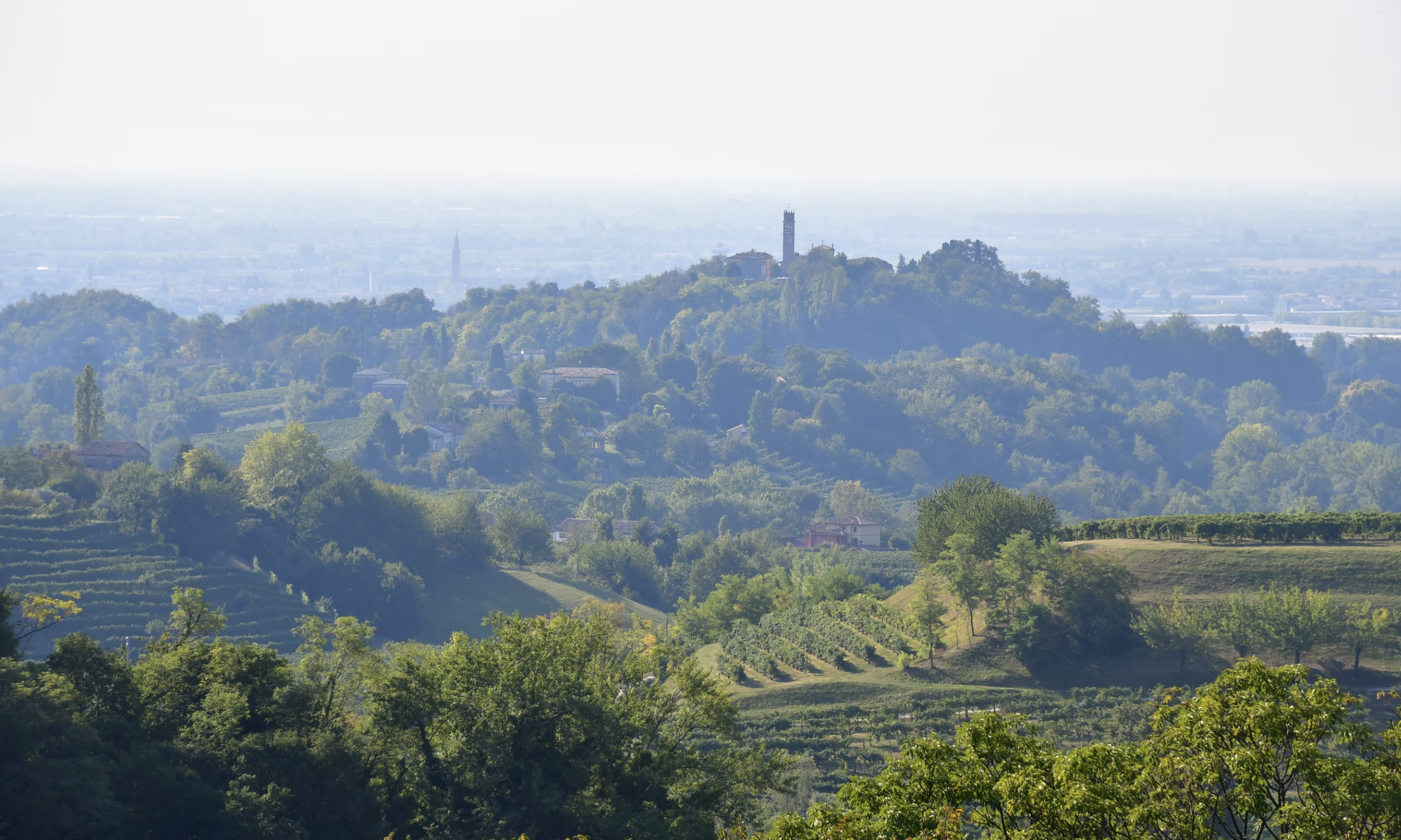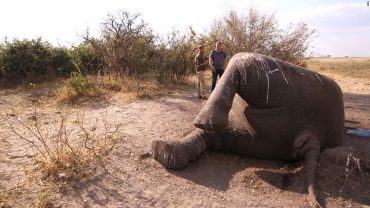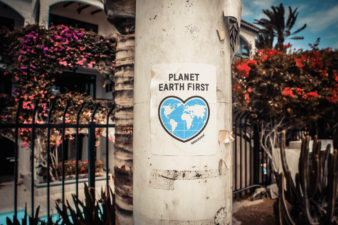
Slow Food is an organization that promotes local food and traditional cooking. It was founded by Carlo Petrini in Italy in 1986 and has since spread worldwide.
Environmentalists caution that we need to slow carbon emissions quickly or risk a catastrophic change to our climate. With world leaders and non-profit organisations meeting this month at COP26 in Glasgow, one thing is certain, say representatives from the Slow Food movement, based in Italy:
The same old corporate solutions of a tech fix such as hydroponics and fake meat (see Leonardo Dicaprio and meatballs) will not save us from climate change.
This announcement was made by Slow Food after a two-day summit on nature and land use to slow carbon emissions was concluded.
Slow Food leaders say we are just about sustainable agriculture without considering the food system as a whole. The proposed solutions that emerged seemed to go in two different and separate directions, presented as complementary: reforestation on the one hand and technological innovation in agriculture on the other.

Le Colline del Prosecco di Conegliano e Valdobbiadene. Located in North-Eastern Italy, the property includes part of the winegrowing landscape of the Prosecco wine production area.
“The only approach that can effectively contribute to building a truly sustainable food system is that of agroecology,” Slow Food makes clear. “It should be recognized as a central tool to tackle the multiple crises we face, including the climate crisis: agroecology is rooted in rebuilding relationships between agriculture and the environment, and between food systems and society.
If not agroecology and regenerative agriculture we are witnessing the recycling of an old model, which keeps considering food as a series of commodities to be produced on a large scale, with monocultures assisted by futuristic technologies that will make farmers increasingly dependent on large multinational companies and their patents.
To shift our global economy to a low carbon model, authorities want to continue following the corporate narrative of high tech, centralised industrialised farming and fake meat, Slow Food criticises.

Tech fixes will not set us free from climate change: Slow Food
“One of the events at COP today was about ‘Accelerating a just rural transition to sustainable agriculture’. For us, a just transition must be based on biodiversity, agroecology and social justice – and not on techno-fixes,” says Marta Messa, Director of Slow Food Europe, comments:
She adds: “Agricultural ecosystems must be restored in harmony with the natural environment. Techno fixes are a false solution, they are not based on the real innovations that communities come up with to be resilient. We want to see by the end of COP26 binding commitments and no empty promises”.
Agroecology, or regenerative farming, is sustainable farming that works with nature. Ecology is the study of relationships between plants, animals, people, and their environment – and the balance between these relationships. Agroecology is the application of ecological concepts and principals in farming.
I think one of the problems about the climate change discussion at COP26 or in general is that we give too much power and credence to the United Nations, a highly politicised group that is slow to move and even slower to take action. But if not them, who else can influence large companies and governments to shift away from fossil fuels? How can we connect one-by-one, but as a whole, to make a shift? Do we keep screaming like Greta or do we start taking action in a new way – using old tools like agroecology?


